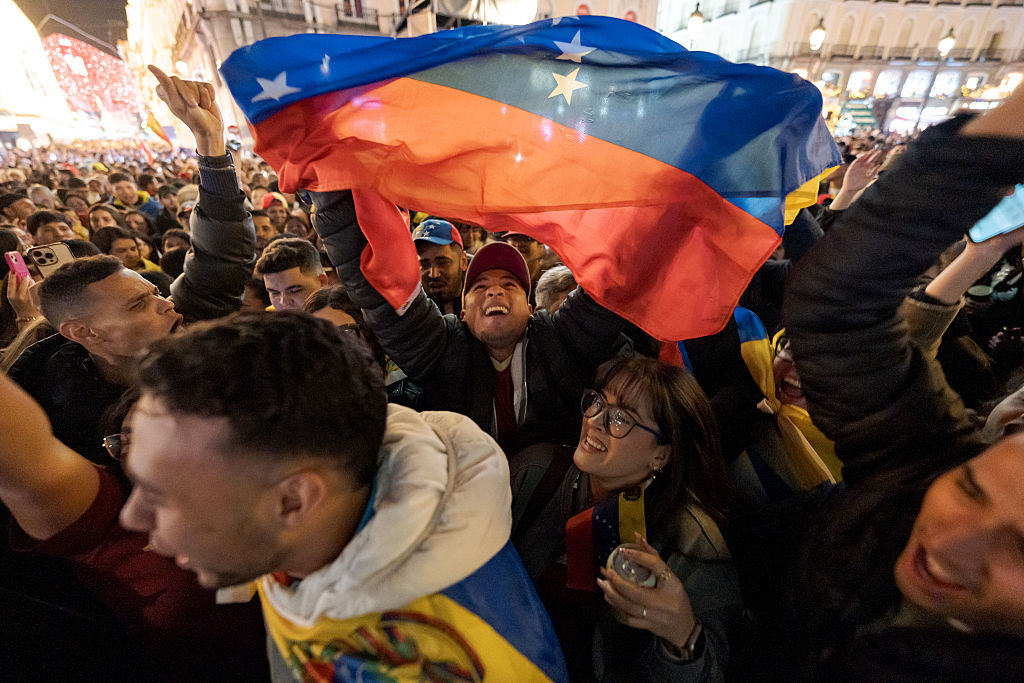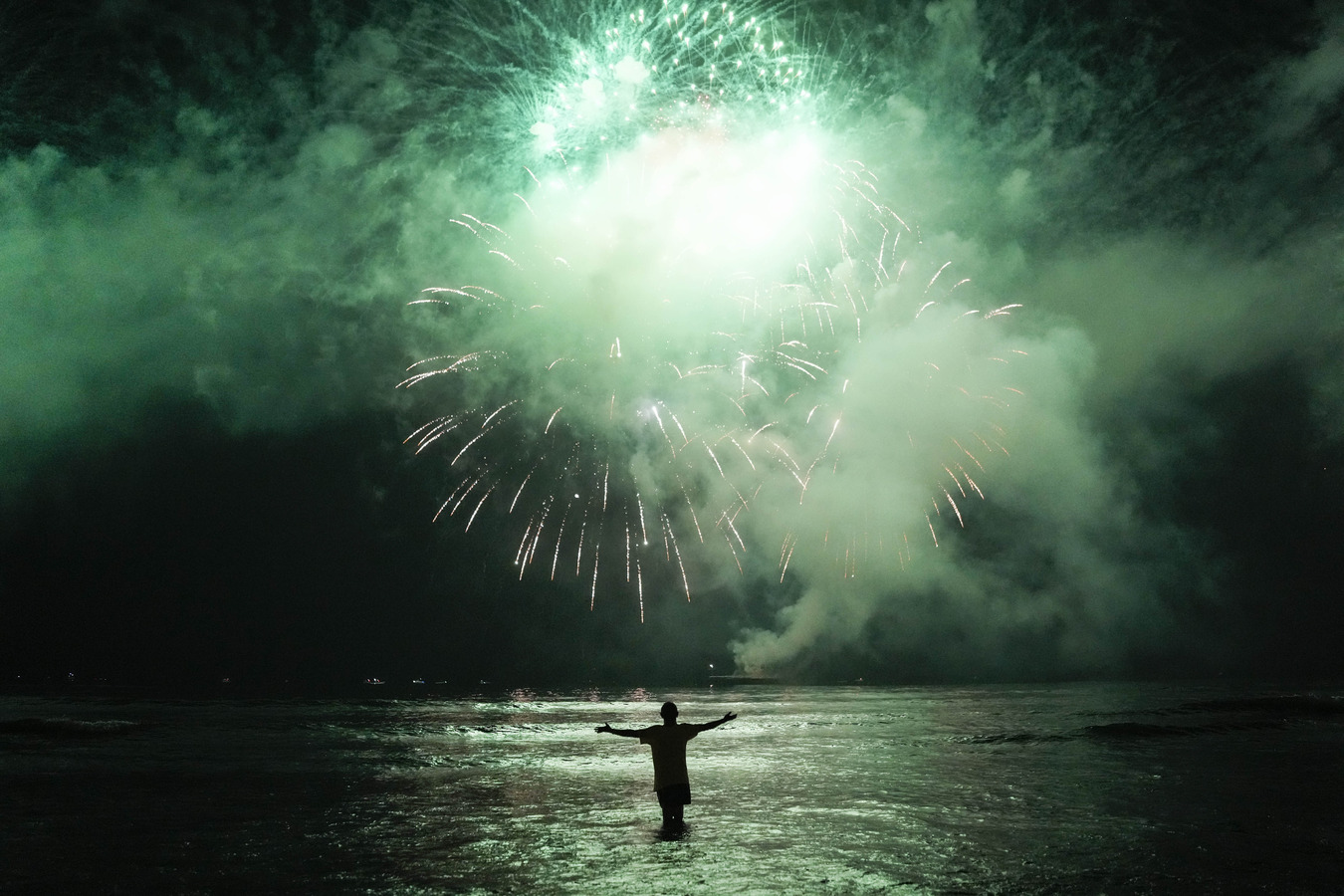Honduras Remains without a Solution
Honduras Remains without a Solution
One year after the coup in Honduras, the situation remains largely unsettled both domestically and internationally, writes AS/COA Senior Director of Policy Christopher Sabatini in Folha de São Paulo.
One year after the coup in Honduras in which then-President Manuel Zelaya was removed at gunpoint by the army, Honduras--as a regional issue--remains unresolved to anyone's satisfaction. The events after the June 28th coup wounded--perhaps permanently--the international norms and mechanisms to defend democracy, human rights abuses have escalated in Honduras, and meanwhile Honduras remains excluded by many in the regional community (including Brazil).
First a quick summary. The Honduran army rousted President Zelaya from his bed after the Honduran Congress and Supreme Court decided that he had violated the constitution in organizing a referendum that could have--eventually--allowed him to run for re-election. The Organization of American States (OAS) condemned the events as an interruption of the constitutional order, with support of the U.S. government.
But things got sticky after that. The de facto government that replaced Zelaya, led by President Roberto Micheletti refused to step down, despite a series of efforts to negotiate a compromise that would have restored Zelaya in some constrained fashion until the already-scheduled November 29, 2009, elections. Micheletti found strong support among conservatives in the U.S., who argued that the events had been constitutional.
Because the elections were held under the de facto government, Argentina, Bolivia, Brazil, Mexico, Nicaragua and Venezuela have refused to recognize the government of President Porfirio Lobo.
Here's how each of the sides have ultimately lost. First, for the first time since adopting its democratic defense clauses, the OAS failed to roll back a coup. Part of this stemmed from suspicions of partisanship because the OAS failed to speak out before June 28 when Zelaya appeared headed to an unconstitutional referendum. But also in the months afterwards, the OAS looked hapless trying to force a change. That image has sent a message to any would-be coup plotter that the OAS and its democratic defense tools today are a paper tiger.
Second, U.S. conservatives like to believe they scored a victory against chavismo in the removal of Zelaya. In truth they may have won the battle, but they lost the war. The greatest threat to chavismo is an effective regional body that can enforce international norms. The human rights abuses and political polarization that are occurring in Honduras today only demonstrate that these divisions have continued to fester. It is in that environment of repression and frustration that populism thrives.
Third, by failing to recognize the government of President Lobo, Argentina, Brazil and Mexico are only hurting Honduran citizens. There's no doubt that the way in which President Lobo came to power is imperfect. But it's time to move on. And the hypocrisy of a Brazilian government that's willing to embrace the Iranian government that executed hundreds of protestors of a clearly fraudulent election while stiff arm a government that-for all the flaws preceding the election-came to power through an open and fair election undermines the moral authority of a country that aspires to be a world leader.
In the end, Honduras's suffering started a few weeks before June 28th as the result of intra-elite feud that blew into a pitched ideological battle, not only within Honduras, but in the region and U.S. as well. Over the course of the last year, too many people and countries (from the left and the right) have scored cheap political and ideological points with no real concern for the future and fate of Hondurans. Let's use this as a lesson and begin the healing process-regionally and in Honduras.
Click here for Portuguese version.








